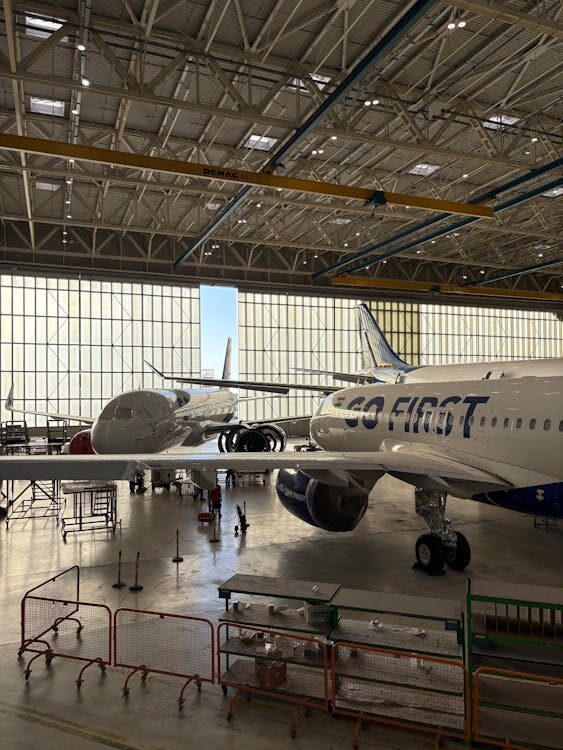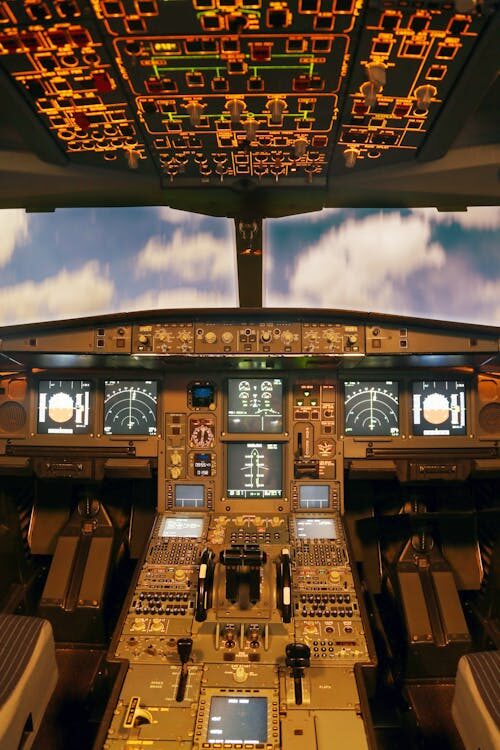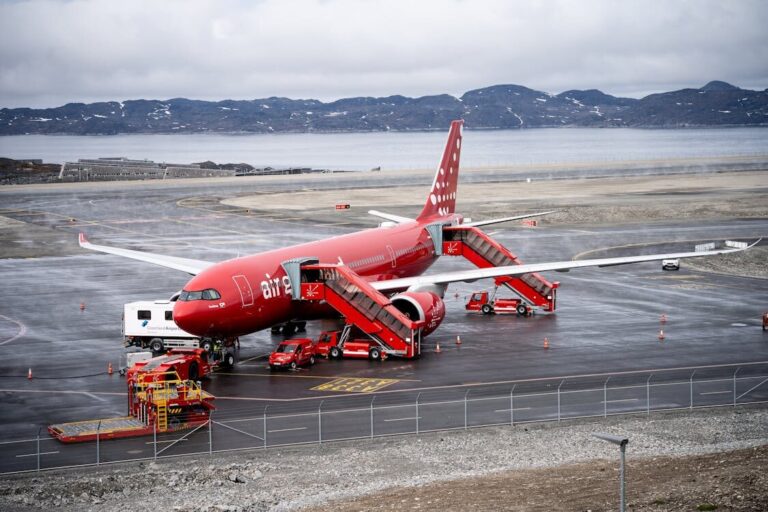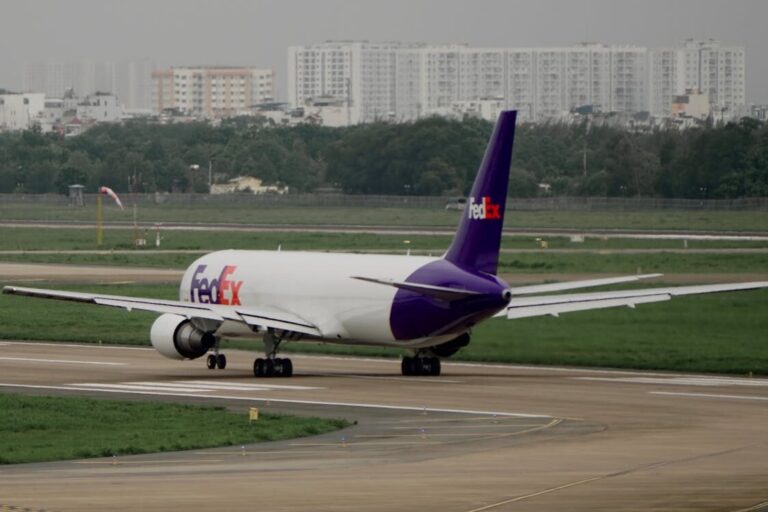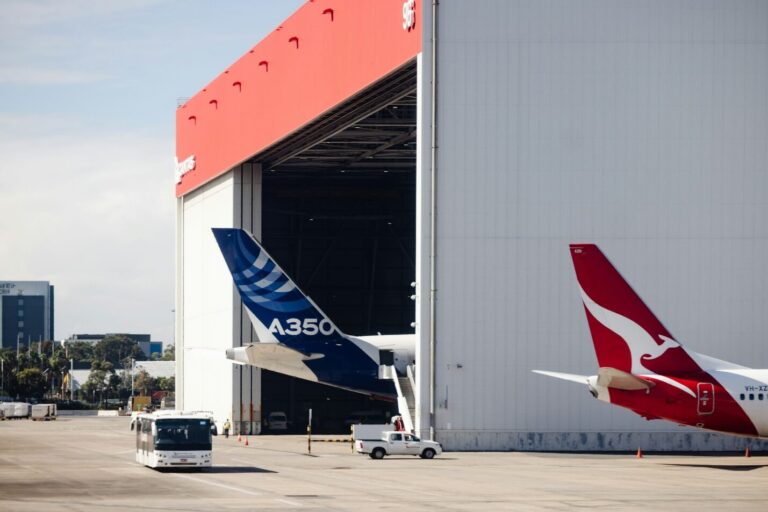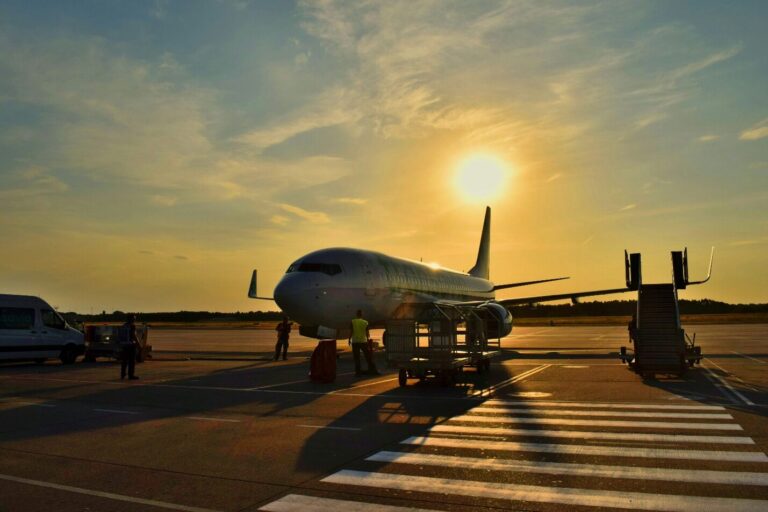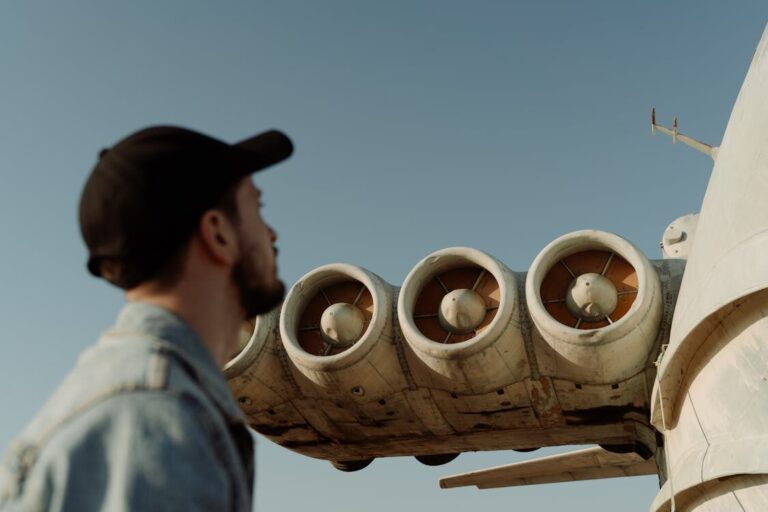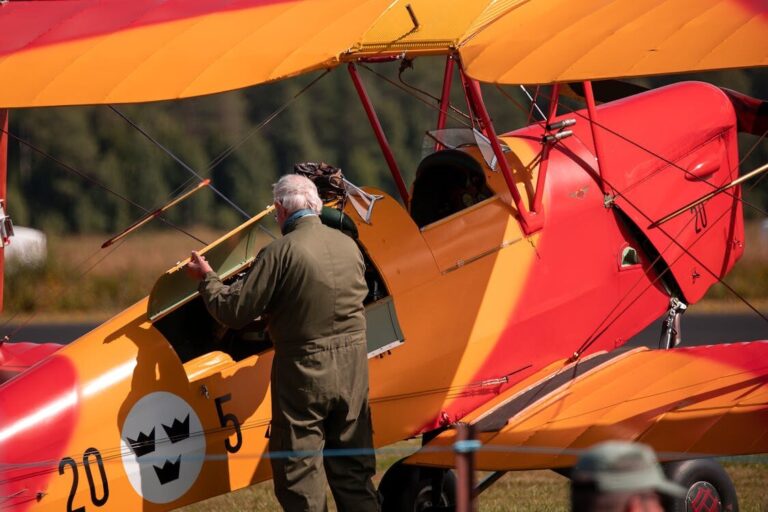
The 2025 A&P’s Toolkit: AI, Part 147 Training, and 3 Skills You Won’t Learn On the Job
The world of aviation is shifting faster than ever. By 2025, the FAA projects a significant skills gap in aircraft maintenance, one that can’t be solved with traditional hands-on experience alone. For today’s Airframe & Powerplant (A&P) mechanics, staying relevant requires more than just turning wrenches. It means mastering digital diagnostics, understanding sustainability requirements, and combining proven methods with emerging technologies.
That’s where Part 147 training and modern online learning step in. The aviation industry is calling for smarter, more adaptable professionals, and the right training can be the difference between staying grounded and taking your career to new heights.
Why Traditional Experience Isn’t Enough Anymore
Historically, most A&P mechanics built their expertise through apprenticeships and on-the-job training. That model worked when aircraft systems were simpler. But as modern fleets incorporate advanced avionics, AI-based diagnostics, and increasingly efficient engines, a gap has formed between traditional learning and what the industry demands today.
An A&P license course provides a solid foundation, but pairing it with specialized programs like the aircraft general familiarization course ensures that you’re not just qualified, you’re prepared for future challenges. Whether it’s learning how carbon accounting influences maintenance decisions or understanding digital data streams, mechanics now need a broader toolkit than ever before.
How Part 147 Training Bridges the FAA Skill Gap

The FAA requires structured education under Part 147 to certify mechanics. These programs establish the baseline knowledge for electrical, airframe, and powerplant systems. But here’s the challenge: many traditional programs still rely on older materials that don’t reflect the realities of today’s hangar.
That’s where GEN FAMS changes the game. Their AMT certification course delivers the required ATA chapters while also layering in practical insights that reflect what’s happening in real-world operations. For mechanics preparing for FAA exams, this combination of compliance and modern context is critical.
AI in the Aviation Mechanic’s Toolkit

Artificial intelligence is no longer just a buzzword; it’s becoming standard across aircraft maintenance operations. Predictive maintenance powered by AI helps technicians identify issues before they become critical failures. But AI doesn’t replace mechanics; it enhances their ability to make informed decisions.
Through airplane systems training for technicians, A&Ps can now learn how to read, interpret, and act on AI-driven insights. Courses like the B737 or A320 general familiarization course go beyond traditional schematics, teaching mechanics to align human intuition with digital precision.
The 3 Skills You Won’t Learn On the Job
While hands-on experience is invaluable, there are three critical skills that mechanics rarely pick up in the field:
- Carbon Accounting and Sustainability Compliance
Regulations are shifting fast. Understanding how emissions, fuel burn, and carbon credits affect maintenance schedules is essential. An aviation certificate now often includes sustainability modules, preparing mechanics to speak the language of both engineers and regulators. - Digital Diagnostics and Avionics Integration
Today’s aircraft are data-rich machines. From the Boeing 737 familiarization courseto the A330 general familiarization course, learning how to interpret digital signals and troubleshoot software-based systems is critical. - Cross-Platform Familiarization
Mechanics rarely stay on one aircraft type for their entire career. Whether it’s the B777 general familiarization coursefor wide-body jets or the B717 gen fam course online for legacy aircraft, being cross-trained makes you far more employable.
Why Online Aviation Training is the Future

Unlike traditional schooling, online aviation training courses allow you to learn at your own pace while still earning certifications that matter. From aviation professional courses to niche programs like the Boeing 747 general familiarization course, online platforms give aspiring and current mechanics access to a global library of knowledge.
Consider the flexibility: mechanics working shifts can study during downtime. Pilots looking to expand their technical understanding can take an online flight course. Engineers can learn through a Boeing or Airbus crash course to keep up with evolving technology.
GEN FAMS: Building the Future Mechanic
GEN FAMS offers a wide range of programs, from the B757 to the Airbus A320 general familiarization course. Each is designed to provide not just technical theory, but also operational insights that reflect what mechanics, pilots, and engineers face in real scenarios.
With accessible pricing, flexible formats, and globally recognized certificates, GEN FAMS ensures that mechanics, from beginners taking basic aviation courses to seasoned professionals pursuing aircraft type certification course options, are future-ready.
The Future of Aviation Training: Where Mechanics, Pilots, and Engineers Converge

The aviation industry has always been defined by innovation. From propeller-driven aircraft to the most advanced twin-engine jets, technology drives the future of flight. But the workforce behind that technology is evolving too. Mechanics, pilots, and engineers are no longer learning in silos; today, they are part of a shared knowledge ecosystem.
This convergence is why online aviation courses have become more essential than ever. For a pilot, understanding the maintenance side provides insight into troubleshooting. For a mechanic, having familiarity with cockpit systems bridges communication with flight crews. Engineers benefit by knowing both the operational and technical realities of an aircraft.
Courses such as the A330 or the B747 general familiarization course illustrate this perfectly. They don’t just teach system diagrams; they explain how pilots, maintenance staff, and engineers interact with those systems daily. The result is a professional who speaks multiple “languages” within aviation, making them more valuable to employers.
Why Cross-Training Creates Stronger Careers

In the past, mechanics often specialized in one aircraft type or one manufacturer. That approach doesn’t cut it anymore. With airlines and cargo operators running mixed fleets of Airbus and Boeing aircraft, versatility is king.
A mechanic who completes both the A320 and the B737 general familiarization course is better prepared for career opportunities than one who only knows a single platform. The same applies to engineers taking the Boeing 777 familiarization course alongside the Airbus crash course. This ability to switch seamlessly between aircraft types isn’t just a résumé booster; it’s a survival skill in a competitive job market.
The Rise of “Crash Courses” for Aviation Enthusiasts
Not everyone entering aviation comes through the traditional A&P path. Enthusiasts, career-changers, and even existing pilots often start with shorter programs designed to spark technical knowledge. That’s why the demand for Boeing and Airbus crash course training has skyrocketed.
These courses aren’t replacements for full certifications but serve as on-ramps into the industry. A student may start with a general familiarization course to learn the basics of systems operation, then progress into a full AMT course or eventually pursue an aircraft type certification course.
This staged approach lowers barriers to entry and opens the door for people who may never have considered aviation before.
The New Standard: Digital, Flexible, Accessible

Flexibility isn’t just convenient, it’s becoming an industry expectation. Busy schedules, varying time zones, and the global demand for training mean that aviation online training courses have replaced traditional classrooms for many learners.
Take the A320 gen fam course online. Instead of traveling to a training center, a student can log in from Denver, Tampa, or anywhere in the world and move through the material at their own pace. The same applies to specialized options like the B757 or B767 general familiarization course.
For aviation employers, this accessibility means more qualified candidates who can train while working full-time. For students, it means reduced costs, zero travel, and learning on their terms.
Preparing for the Next Generation of Aircraft
GEN FAMS doesn’t just cover the classics; it anticipates the future. Wide-body jets like the 777 and A350 are fast becoming central to both passenger and cargo fleets. Training now with the B777 or the A330 general familiarization course ensures mechanics are ready for the fleets they’ll encounter tomorrow.
For those aiming for careers in long-haul maintenance, global cargo hubs, or major airlines, this future-focused approach gives them an undeniable edge. The same logic applies to legacy aircraft. Programs such as the B717 general familiarization course still matter because older aircraft remain in service worldwide, particularly in cargo operations and secondary markets.
Why Certificates Still Matter in a Digital Era
Skeptics sometimes wonder: Do online certificates really carry weight in the aviation industry? The answer is yes, if the training is structured, recognized, and FAA-aligned.
Completing an aviation certificate from GEN FAMS means you receive a serial-numbered credential that can be shown to employers. For mechanics seeking apprenticeships, engineers applying to airlines, or pilots expanding technical expertise, this kind of official documentation adds credibility.
Programs like the B747 or A320 general familiarization course don’t just provide knowledge; they provide proof of that knowledge, something that employers respect.
The Business Case: Why Employers Value Gen Fam Training

Airlines and Maintenance, Repair, and Overhaul (MRO) organizations are under immense pressure to keep fleets operational. Downtime costs money, and efficiency depends on well-trained staff.
That’s why employers increasingly value candidates who have invested in aviation professional courses on their own. Completing an Airbus A320 or a B757 general familiarization course signals initiative, curiosity, and commitment.
For employers, that means less training investment on their end and more immediate value on the hangar floor. For candidates, it means standing out in a crowded job market.
Building Confidence Through Knowledge
At its core, the value of online AMT courses and A&P mechanic training isn’t just about passing exams. It’s about building confidence. Understanding how the B757 general familiarization course differs from the B777 general familiarization course makes mechanics more adaptable.
Confidence also encourages mobility. A mechanic who studies the B767 gen fam course or explores commercial aircraft familiarization modules is more willing to pursue opportunities in new hubs, whether that’s Hawaii, Cincinnati, or Europe.
This self-assurance is what transforms a certified technician into a truly career-ready professional.
In the end, the most valuable investment any aviation professional can make is in themselves. Technology will continue to evolve, industries will adapt, and new challenges will emerge—but the foundation of knowledge, adaptability, and confidence you build today will carry you through every stage of your career. Education is more than a certificate; it’s the assurance that you can step into the unknown with skill and clarity. By committing to continuous learning, you position yourself not just to keep up with the future but to lead it.
Start Your Aviation Career with Confidence
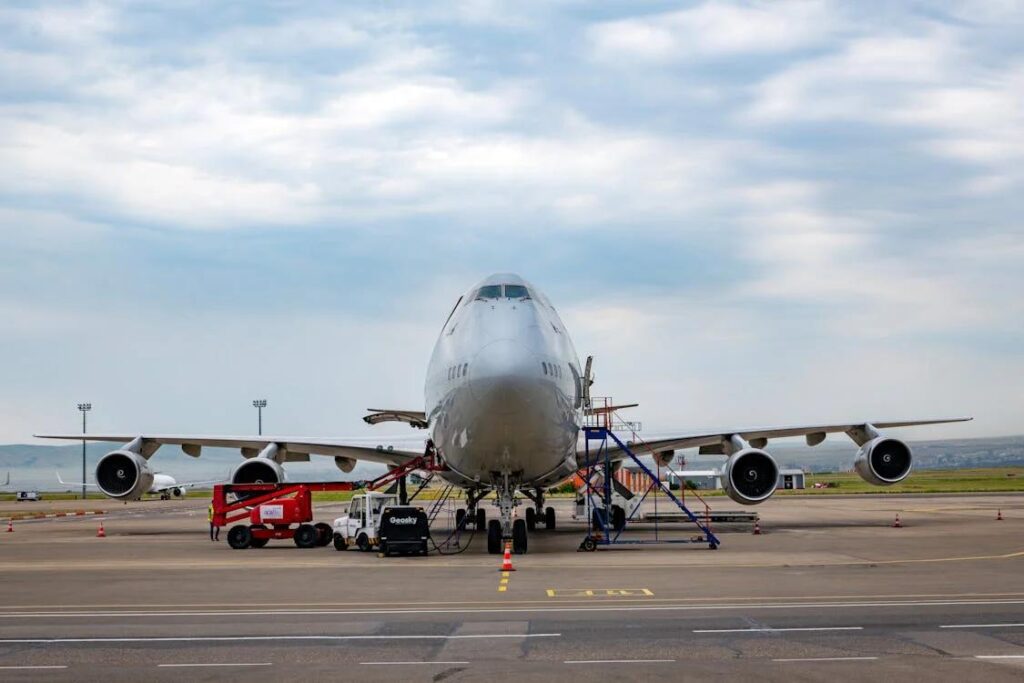
The aviation industry in 2025 belongs to those willing to adapt. A&P mechanics who embrace AI, sustainability, and cross-platform training will be the ones advancing into leadership positions. GEN FAMS makes it easy to get started with the right resources.
Explore their aviation courses, learn more about the company’s mission, or contact GEN FAMS today to map out your career.

